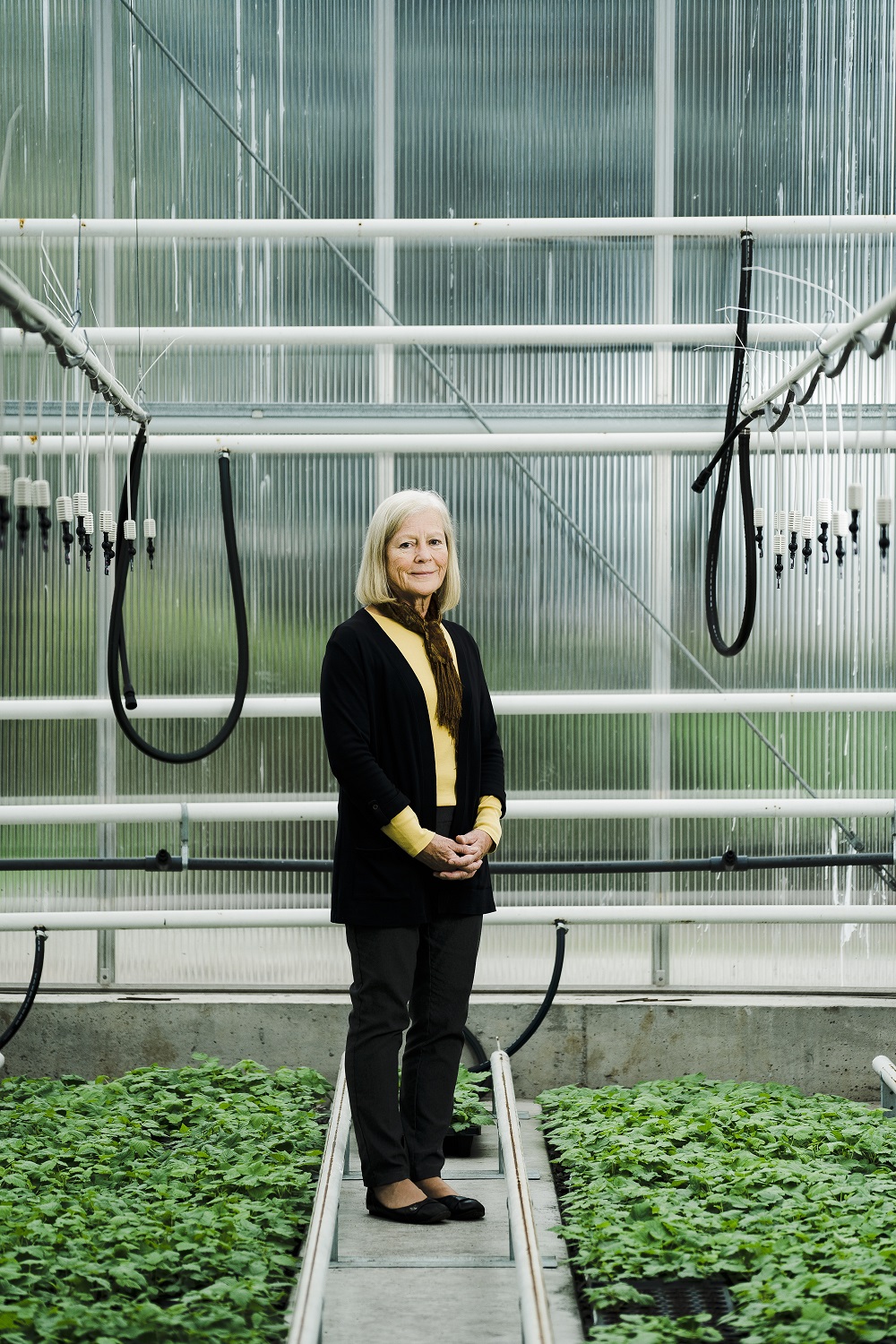New funding will help researchers at Kwantlen Polytechnic University study ways to help agriculture recover from the extreme impacts of climate change like the heat wave and flooding that hit British Columbia in 2021.
The Natural Sciences and Engineering Research Council of Canada (NSERC) has awarded the Institute for Sustainable Horticulture at KPU $440,000 over two years to conduct research on accelerating agricultural innovation to meet the challenges of climate change.
“We will face new challenges for agriculture at an increasing rate due to climate change. Innovation will help our growers and our food systems be more resilient and able to recover more quickly from events such as those we have seen in 2021,” said Dr Deborah Henderson, Director of the Institute for Sustainable Horticulture , which is based at KPU’s Langley campus. .
From a heat dome in June that caused destructive wildfires and an atmospheric river in November that caused major landslides and flooding, 2021 has been a year of extreme weather in British Columbia that have strongly demonstrated the effects of climate change.
There are three elements to research. First, the team will test whether it can help recover soil and support healthy crops after flooding by using microbial consortia – a group of microbes that can act together as a community – and the metabolic products of microalgae, which are algae invisible to the naked eye. .
Second, they will develop a pathway to comply with government regulations for these natural products to help small and medium-sized businesses bring them to market quickly. They will share the journeys with industry through in-person and virtual workshops.
Third, the funding will accelerate research into new agricultural technology innovations such as the use of laser light to treat seeds and natural plant extracts called biostimulants that can improve crop germination and early growth. Researchers will also develop predictive disease models and use internet-connected devices to make critical crop management data available to growers in real time.
“Technologies such as laser and the Internet of Things applied to agriculture will provide producers with new tools to reduce the risks of the agricultural business, as climate change increases these risks,” adds Henderson.
The funding, which is spread evenly over two years, allows up to seven industrial partners to participate each year, as well as three KPU faculty researchers, several technicians and 12 student research assistants.
“We are very grateful for this timely funding from NSERC,” says Dr. Deepak Gupta, Associate Vice President of Research, Innovation and Graduate Studies at KPU. “Addressing the climate crisis is the existential priority of our time. This funding will enable the Institute for Sustainable Horticulture to meet the innovation needs of multiple partners in the agricultural sector while providing invaluable and useful experiential learning opportunities for our students.



